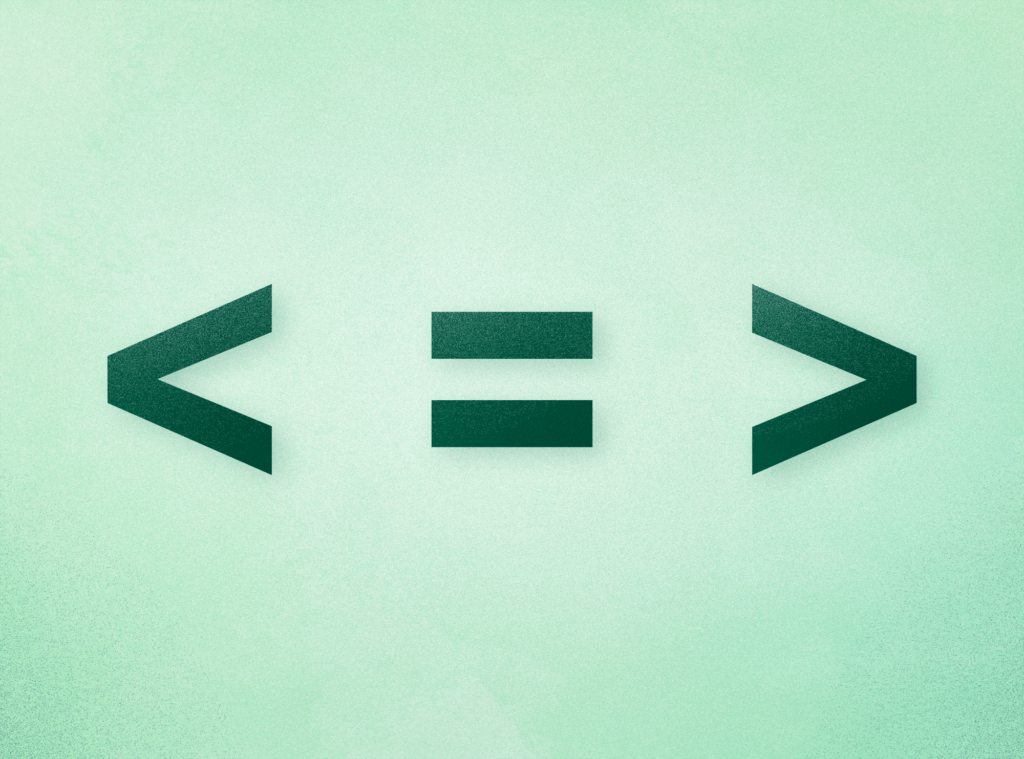
Today, I’ve asked Leidy Klotz to share his tip of the week.
My six-year-old son has a stubborn palate.
Attempting to diversify his diet, my partner and I have tried it all. We’ve coated veggies in cheese, filled each compartment of his lunchtime bento boxes with intriguing flavors (freeze-dried strawberries!), and involved him in meal prep. We’ve subscribed to kid-friendly meal-delivery services, watched cooking shows together, and pointed out “your little sister’s eating it.” No luck.
Even if you don’t have a picky eater in the house, you’ve encountered this situation before. When you want to improve something—whether it’s a kid’s diet, your own parenting, or the design of a room—you think about how to change things from the way they are to the way you want them to be.
While people can get very creative in their solutions, my colleagues and I have found that one approach is consistently overlooked: subtraction. We think first about adding, whether it’s piling on more options (the bento boxes), more information (the cooking shows), or more motivation (the sister).
But in our eagerness to add, we neglect the other way to create change—by taking things away. For instance, removing bread as the default snack presented to my son led to more improvement than all of the additions combined. Now, bananas, rice, and granola have made their way into the regular rotation. With any luck, he will be eating vegetables by the time he turns 10.
Subtraction neglect is widespread. It happens when designing buildings, writing summaries, solving patterns, and yes, preparing food. In our studies, people didn’t think to subtract even when it was the only way to save time, make money, or get the right answer. Only when encouraged to consider deletion did they brainstorm more creatively.
Don’t succumb to the instinct that more is always better. There’s nothing wrong with adding, but it’s not the only path to improvement.
Do try to change behavior by removing barriers, whether it’s the auto-reminder interrupting homework time or tech distractions standing in the way of getting outside. When you want to add an idea, subtract.
With creativity and gratitude,
Leidy
Leidy Klotz is a professor at the University of Virginia and the author of Subtract: The Untapped Science of Less.
